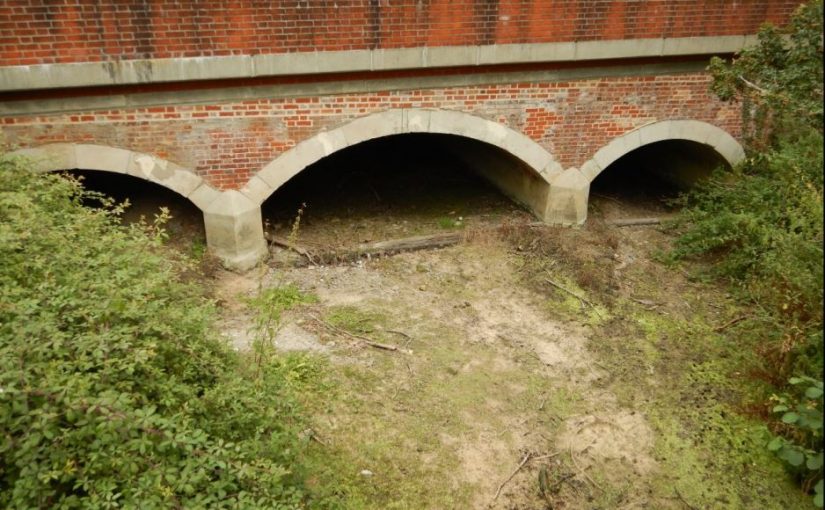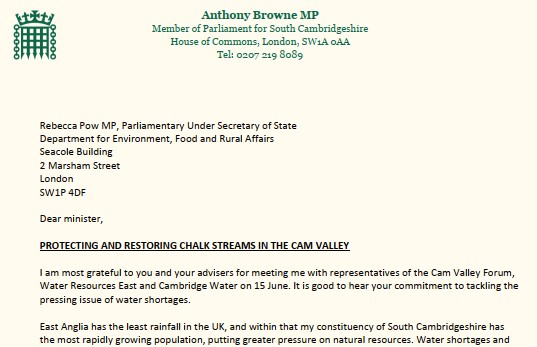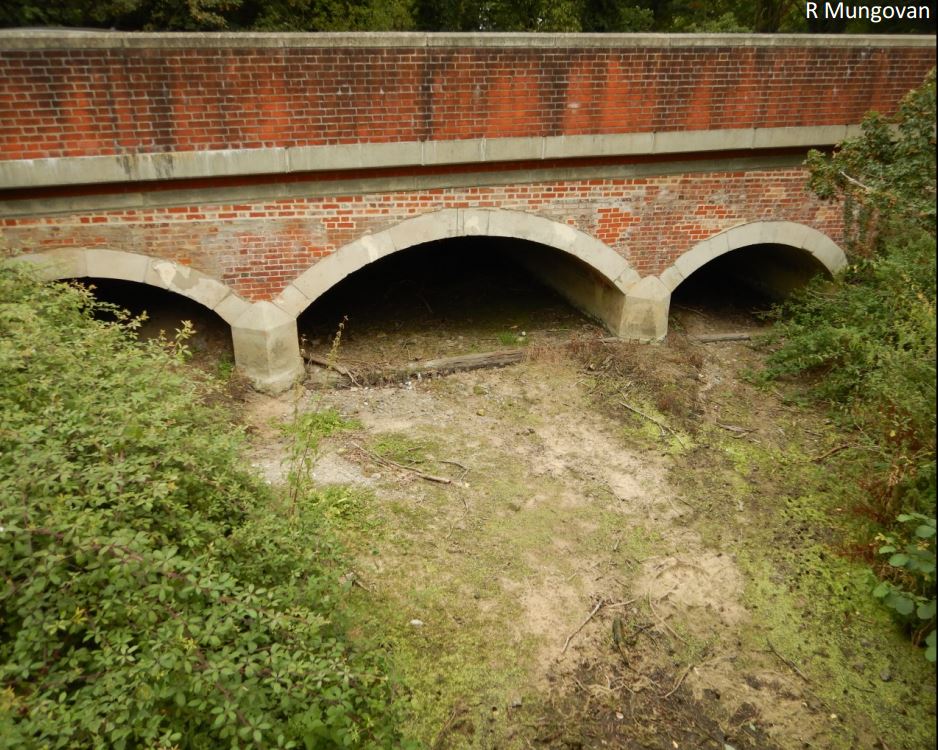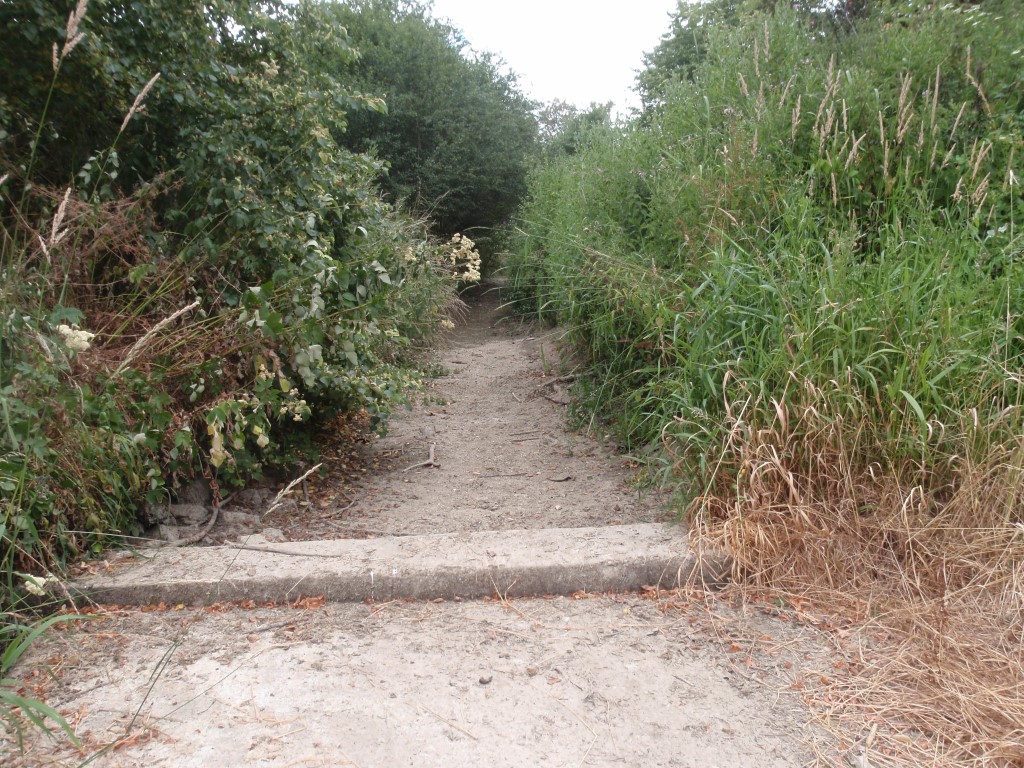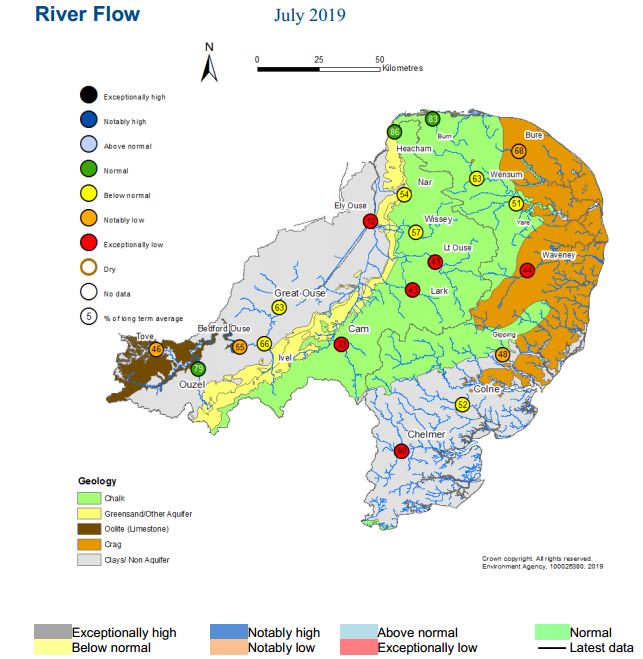The following motion was presented to the Annual General Meeting of Cam Valley Forum, held on 20th March 2023
In the face of drought, as is still declared by the Environment Agency, and to protect the aquifer sources of our ailing Chalk streams, the Annual General Meeting of the Cam Valley Forum calls on the Cambridge Water Company to act responsibly by instigating Temporary Use Bans from 1st July 2023.
More than 50 members present discussed the reasons for, and implications of this motion and then voted overwhelmingly in favour of it.
We set out below the reasons for doing this
The need to conserve water-
The failure of the Chalk aquifer to adequately recharge following last summer’s drought is evident from the Environment Agency hydrology reports and, despite recent heavy rain, we are still in drought measures. We live in an area that has the least rainfall in England and yet our population is expanding more rapidly than elsewhere. To meet demand, Cambridge Water Company (CWC) is pumping too much water out of our chalk aquifer and this causes our precious chalk springs and streams and village ponds to dry-up. The current situation is not sustainable, and significant damage is being done to the area’s biodiversity. We support CWC’s proposals for the new Fen Reservoir, however this will not be in place until after 2035, and so we must find ways to conserve water from now until then.
Raising awareness-
Cambridge Water’s bills include the ‘Waste not one drop’ message and the Cambridge Water website gives advice and support on how to save water, however consumers are still using around 140 litres of fresh water each day and the usage of water increased by an estimated 25% in last summer’s drought. The most effective way to make people aware of the need to use water sparingly is to impose a Temporary Use Ban (hosepipe ban). This is justified as a means of helping our depleted aquifer to recover and preventing environmental harm.
We and other local groups, will be broadcasting and publicising the implications of the Environmental Emergency that we are facing and calling on Cambridge Water Company (CWC) to impose the TUB.
Avoiding delays in implementing a TUB-
The UKWIR’s code of practice when considering how to implement temporary use restrictions is flawed! This is because it takes a minimum of 5 weeks for a TUB to be implemented after the need for it has been triggered.
This delay meant that TUBs were imposed much later than they should have been, for example Yorkshire Water imposed theirs between 26th August and 6th December 2022. The more stringent Non-Essential Use Ban (NEUB) takes 3 months to implement, and so if this summer sees a very severe drought and the justification for a NEUB is triggered in August, it will not be imposed until November! Water Authorities need to be proactive and anticipate the need for a TUB well in advance. The justification for the CWC TUB is the need to allow the depleted aquifer to recharge. So we suggest that internal communication and governance, and external communication with the Environment Agency, regional groups, and neighbouring water companies should happen this May. The 21 days for comments, to include at least 14 days for representations to be made, could then take place at the start of June. The drought management team could then consider representations from individuals or groups in a fair and even‐handed manner, and any decisions made could be communicated to both the individuals or groups and the public before the end of June. This would allow the TUB to be announced through local press and media in late June ready for implementation by not later than 1st July 2023.
Cambridge Water Drought Plan is not fit for purpose-
Cambridge City Council declared a climate emergency in 2019, and the lack of water is certainly one of the most influential factors in the formulation of the emerging Greater Cambridge Local Plan. Why in the light of this, is Cambridge Water’s published level of service is ‘to introduce a temporary use ban or TUB on water use on average not more than once in 20 years’? Do CWC not envisage taps running dry as water is pumped out from deeper and deeper into the aquifer? Might this suggest that CWC is not sufficiently meeting the obligations to our natural environment as defined by Water Resources East?
The CWC Drought Plan states that it is not until Drought Trigger 2 is reached that TUBs would be considered. At Drought Trigger 2 CWC expect to be experiencing medium severity drought without sign of immediate recovery or lessening of impact. The impact of such drought conditions would be compounded by the damage to the aquifer sustained by abstraction during previous years’ droughts. The procedure that requires the lapse of 5 weeks from that trigger point until a TUB can be enforced is not fit for purpose.
We have written to CWC informing them of this motion, and urging them to to work with us in justifying a TUB to be imposed by not later than 1st July 2023, to enable some recharge to our depleted aquifer.
We received the following reply on 5 April

